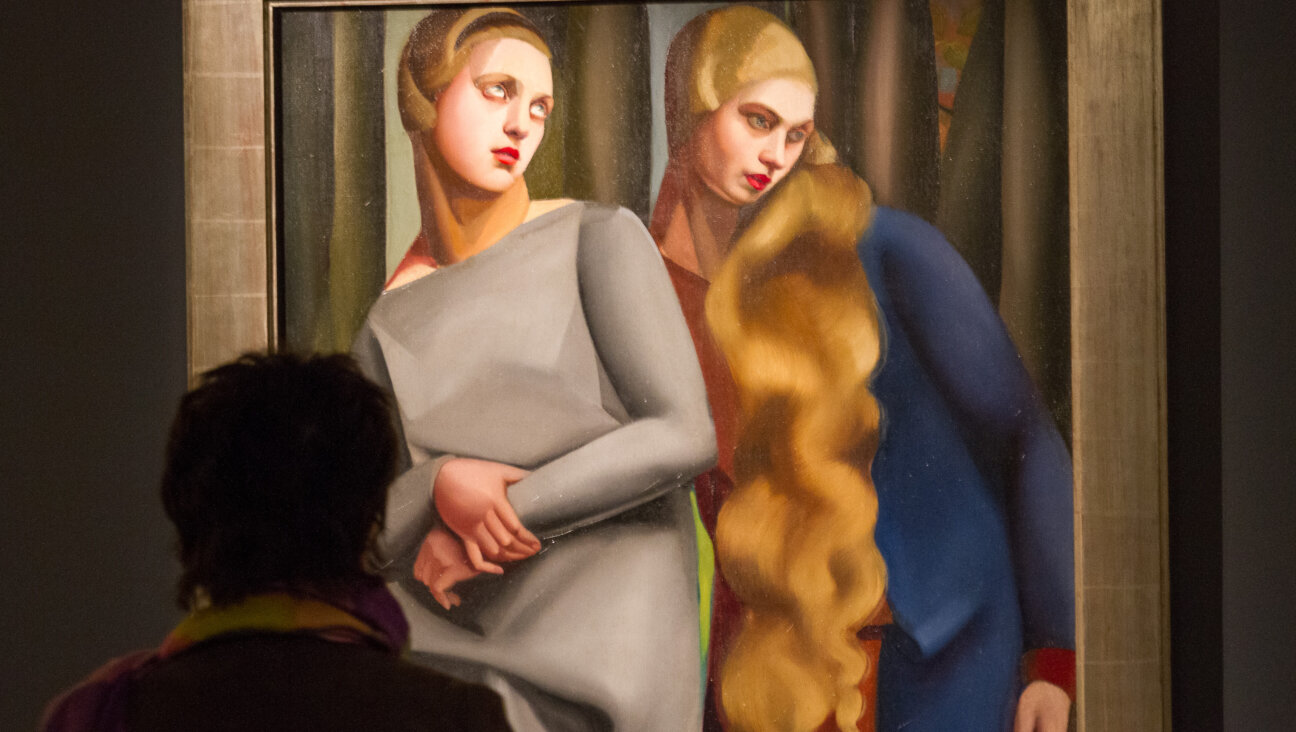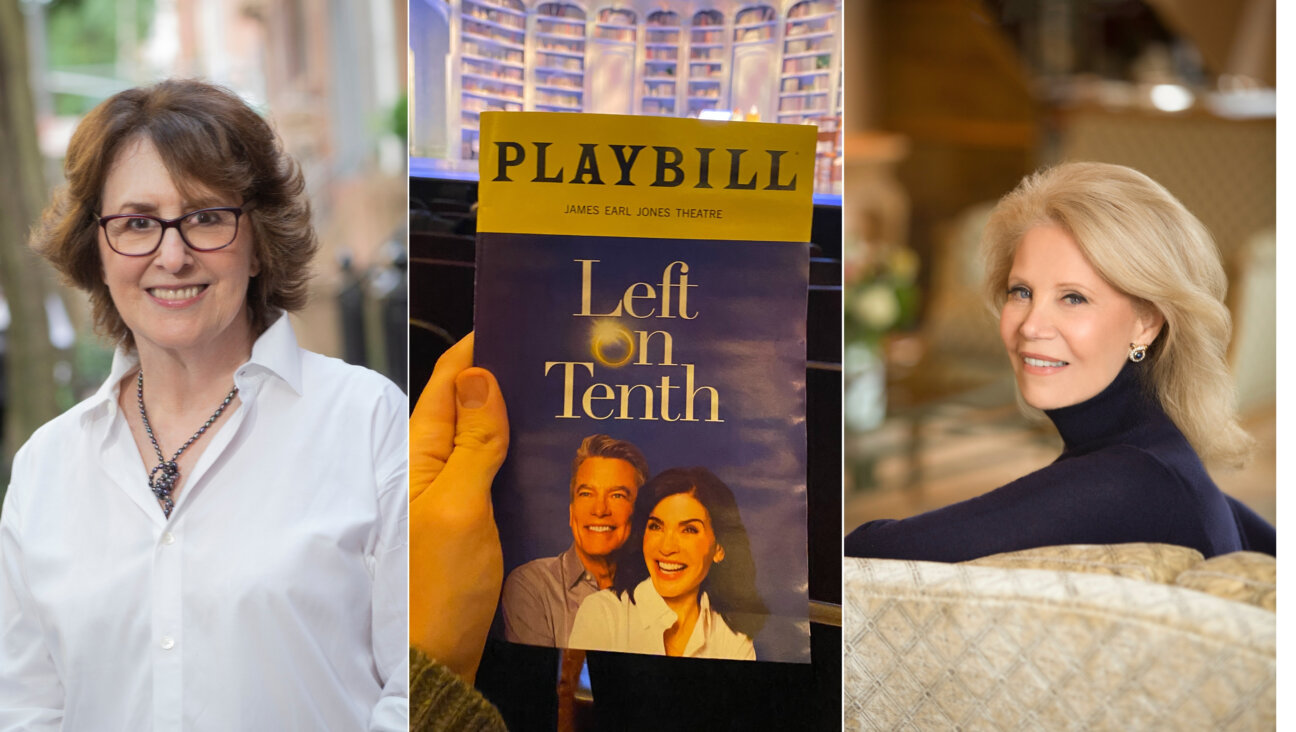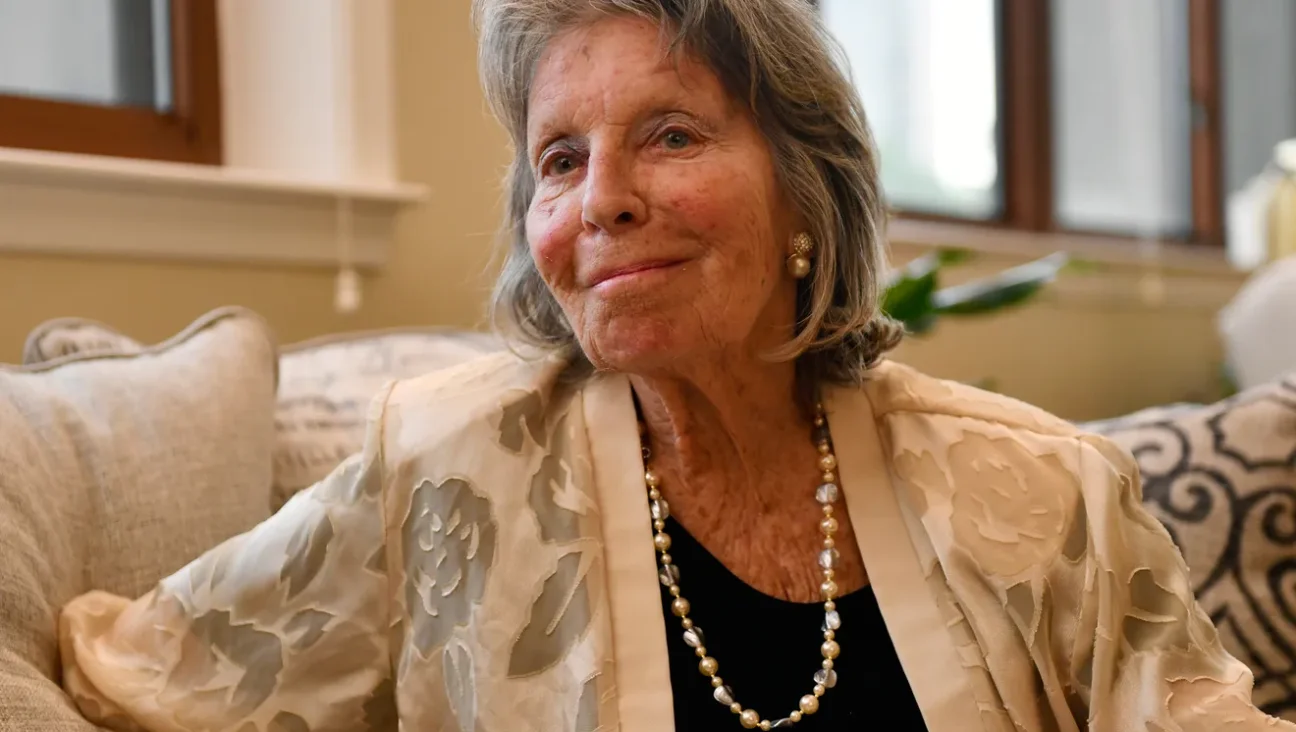Cruise Control
Imagine the perfect cruise — surrounded by peaceful waters, drifting past ancient towns, atmospheric music playing in the background. Now, if those waters and towns are Ukrainian, and that music you’re imagining is klezmer, have we got a cruise for you.
In April 2007 (if all goes according to plan), a boat of 150 Jewish and Jewishly oriented merrymakers will spend two weeks cruising down Ukraine’s Dnieper River on a journey called the Klezmer/Heritage Cruise. Among the participants will be such musical luminaries as Michael Alpert, David Krakauer, Susan Hoffman-Watts and DJ Socalled (known to his parents as Josh Dolgin), all of whom will play concerts, on-board and off, and jam with musically adventurous passengers. Hélène Domergue-Zilberberg will teach classes in dance; Eugene Orenstein, associate professor of Jewish studies at McGill University, will deliver a series of lectures on Jewish literature and history in the Ukraine, and Yiddishist Michael Wex, author of the surprise hit “Born To Kvetch: Yiddish Language and Culture in All of Its Moods” (St. Martin’s Press, 2005), will give lectures on Yiddish and Ashkenazic culture.
The organizers and inventors of the cruise are Marc and A.C. Dolgin, along with their son, Josh, the DJ. Like klezmer music, the trip has taken a bit of inspiration from a lot of sources. One was a family trip last October to Zaporozhye, ancestral home of Marc’s father. Another source was KlezCanada, which Josh has attended for years, and where he met most of the other musicians.
But logistically the cruise is modeled on, of all things, the Mennonite Heritage Cruise. Mennonites lived in the Dnieper River Valley for hundreds of years; after the communists rose to power, most of the Mennonites emigrated (with many landing in Canada). Marc and A.C. knew a Mennonite couple that had taken the cruise, and the couple put them in touch with its founders, Marina and Walter Unger. The Dolgins met the Ungers, talked over cruise details and decided to launch a partnership: The Ungers are taking the lead on such matters as finances and boat rentals, while the Dolgins are handling activities, musicians, day trips and advertising.
The cost of the trip ranges from $3,150 to $3,850 per spot. About 80 people have signed up so far — enough for the Dolgins to commit to going forward with the excursion, though still short of the 120 necessary to break even.
“We’re sweating mildly,” Marc said.
Starting in Kiev and ending in Odessa, the cruise will entail about five days of cruising down the Dnieper, alternating with stops for day trips to nearby cities, towns and historic sites. The food will be “kosher style” — no seafood, no pork — though not actually kosher. (“Kosherizing” the whole boat proved too impractical.) Unlike the Mennonite cruise, the klezmer cruise is designed more for pleasure than for religious experience. “Theirs is more spiritual,” Marc said. “Ours is more fun.”
Fun, for Josh Dolgin, is philosophically central to the experience. For him, the trip is a reaction against the modern proliferation of cemetery tours and Holocaust tours — trails of tears that steep the Jewish tourist in tragedy.
“I live in 2006,” said the DJ, whose blend of electronic beats and klezmer melodies have won plaudits — and raised a few bushy eyebrows. “I’m free. I want to stir it up. I want to share this culture that was destroyed. I want to bring it back.”
And the ironies are everywhere. As Josh noted, one of the major highlights of the trip will be large public concerts in Kiev and Odessa, in which the on-board klezmer musicians will play along with local musicians — an especially sweet event, since Jews in Ukraine were once banned from playing loud music in public.
Josh has played concerts in the old lands of Ashkenaz before — he once played for 20,000 people in the main square of Krakow — and he admits he isn’t quite sure how the Ukrainian crowds will react. “I hope it’s gonna blow their minds. Maybe they’ll be really mad, and it will spark antisemitism. I don’t know.”
But hopefully not. “I’d love it if people came who wanted to party,” he added, growing slightly giddy at the prospect of two weeks of nonstop klezmer. “It’s just kind of insane.”
Anthony Weiss is a writer living in Brooklyn.
A message from our Publisher & CEO Rachel Fishman Feddersen

I hope you appreciated this article. Before you go, I’d like to ask you to please support the Forward’s award-winning, nonprofit journalism so that we can be prepared for whatever news 2025 brings.
At a time when other newsrooms are closing or cutting back, the Forward has removed its paywall and invested additional resources to report on the ground from Israel and around the U.S. on the impact of the war, rising antisemitism and polarized discourse.
Readers like you make it all possible. Support our work by becoming a Forward Member and connect with our journalism and your community.
— Rachel Fishman Feddersen, Publisher and CEO























